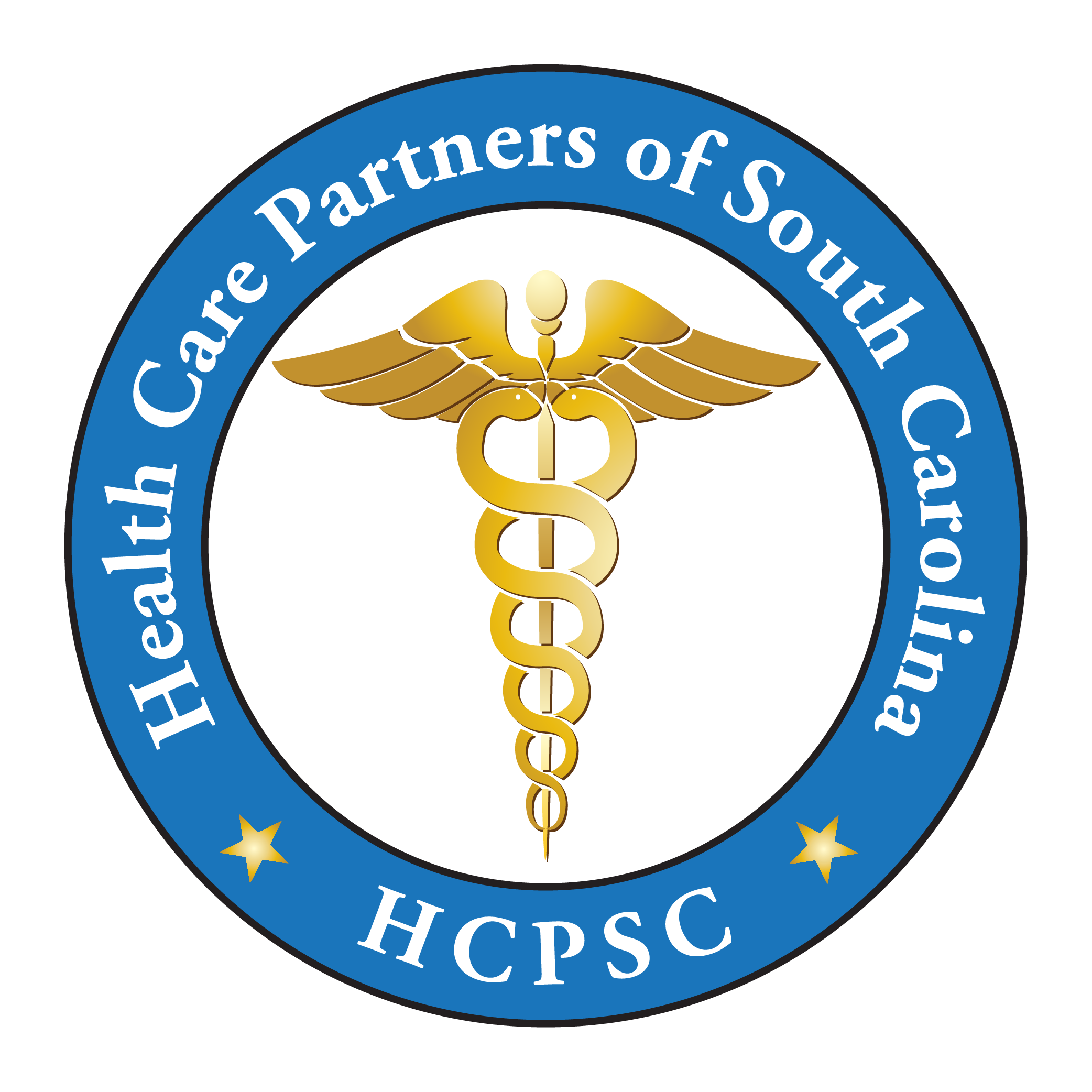Women have unique health needs and require specialized healthcare services throughout life. From monitoring and managing their reproductive and maternal health to screening for certain types of cancers and sexually transmitted diseases, women must have access to all these services.
At HCPSC, our mission is to make quality healthcare accessible for everyone, regardless of their ethnicity or financial status. We, therefore, make sure our services are affordable and delivered with respect to all.
For more details about how to become a patient at HCPSC.
HCPSC Women’s Health Services
At HCPSC, in addition to routine care, women may receive primary medical services in the following departments;
Cancer Screenings
HCPSC offers regular cervical and breast cancer detection and screening for women. The procedures involved include:
HCPSC offers regular cervical and breast cancer detection and screening for women. The procedures involved include:


Family Planning
The use of contraceptives has significantly changed
during the COVID-19 pandemic, particularly hormonal contraceptives requiring a prescription, implant, and intrauterine contraceptive devices [8] Visit HCPSC today to book a face-to-face contraceptive consultation or discuss your preferred choice of family planning with a medical professional.It is essential to consult a healthcare professional for family planning as soon as possible if you have had a baby in the last six months. Don’t delay if you have an underlying health condition, such as diabetes or breast cancer.
Prenatal & Labor Care
The COVID-19 pandemic has highlighted the importance of maternity services for the health and well-being of mothers and 3 their infants. During regularly scheduled visits, comprehensive personal care is provided throughout all stages of pregnancy.

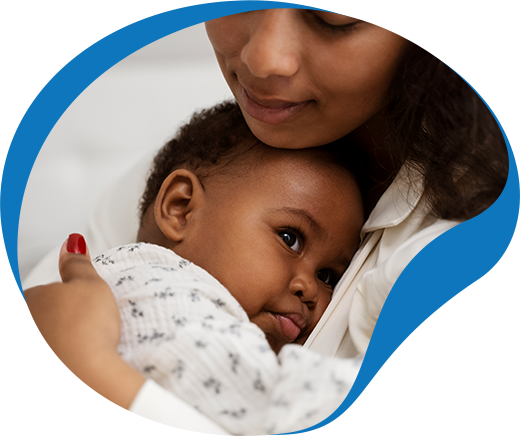
Labor & Delivery
In addition to quality prenatal care, our experienced labor and delivery team is committed to providing a safe and healthy birth experience for mother and child.
Postpartum Care
The Centers for Disease Control and Prevention (CDC) reports mothers who have recently given birth are at an exceptionally high risk of experiencing severe COVID-19 complications [9]. Whether you deliver through a vaginal birth or Cesarean section, the postpartum period involves a mother progressing through many physical and emotional changes. The postpartum period also involves the parents learning how to care for their newborn and function as a changed
family unit. At HCPSC, maternity services include screening for COVID-19, continuous monitoring of the mother’s
health, and family planning advice Severe postpartum illnesses may require hospitalization, admission to an ICU, or ventilation. Patients over 25 years, having an underlying health condition (like diabetes), and being Hispanic or
Black [2] may increase the risk of severe illness from COVID-19.
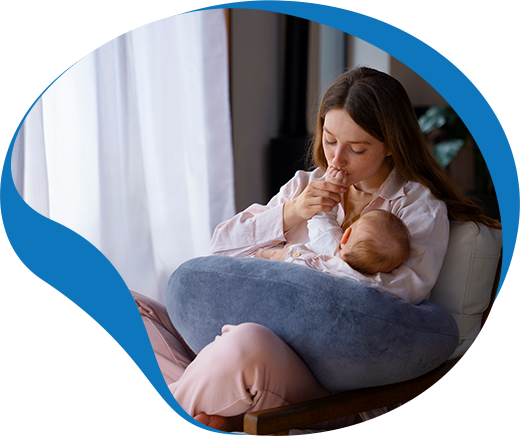
At HCPSC, you can receive specialized postpartum care including:
The CDC recommends that postpartum women take precautionary measures to protect themselves from COVID-19, such as wearing masks, practicing social distancing, and washing hands frequently.
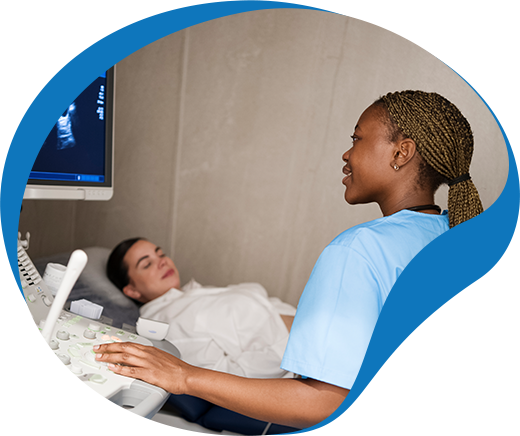
Gynecology
Several women’s reproductive system disorders ranging from pelvic pain and endometriosis to ovarian cysts and infertility. Through various diagnostic tests and medical examinations, specialists and the primary care providers at HCPSC can accurately identify the underlying cause of these disorders and develop a treatment plan.
These professionals have especially been trained to offer services in the wake of COVID-19, emphasizing behavioral and mental health during this time and managing chronic and acute illnesses.
If you want to take advantage of HCPSC specialized services, are looking for information on any of the above departments, or want to consult a medical professional for routine immunizations or COVID-19 vaccination, call 843-510-5113 today or
Women’s Health & COVID-19
Healthcare services have experienced significant disruptions and backlogs as a result of the COVID-19 pandemic all over the world, including the United States. Like many other segments of the population, women are bearing the impact of these disruptions in significant ways. Particularly, non-emergency services, such as regular gynecological check-ups, testing and screening for sexually transmitted infections and breast cancer, and elective procedures, have been significantly delayed.
These delays have left millions of women across the United States without primary care and routine immunization. This has, in turn, increased the risk of common infections and noncommunicable diseases in women.
According to a survey done by the World Health Organization in 21 African countries following the pandemic, it was found that [3];
We can see from the above stats that while death rates from COVID-19 are higher among men [10],
Women are more likely to experience the indirect health consequences of the pandemic.

How Does COVID-19 Affect Women’s Health?
Women’s health encompasses many areas of healthcare, including
In addition, because of losing their jobs, facing economic hardships, and being victims of domestic violence more than ever, women are suffering from severe mental health disorders worldwide.
Due to the pandemic, there has been a disruption in access to reproductive health services, such as family planning.
All these matters combined can have long-lasting adverse effects on women’s health.
Sexual & Reproductive Health
A few studies have been conducted since 2020 that indicate a connection between female sexual health and the pandemic. Social distancing and other restrictions imposed to contain the virus resulted in
It was also found that this change in sexual activity was more pronounced in women than in men who have contracted the virus.
The leading cause for an increase in sexual dysfunction during th pandemic is the psychological strain that women are experiencing throughout the world. Economic problems and reduced sports activities have also led to this issue, particularly in females.

According to published literature [7], healthcare workers have suffered these problems even more than those working in other occupations.
For more details about how to become a patient at HCPSC. Or visit our Contact page if you have any inquiry about our services.
The following reasons have been highlighted for this situation:
There is a need to provide adequate healthcare facilities to females who are COVID-19 survivors for sexual counseling and the long-term effects of the pandemic on their sexual health.
If you want to connect to an HCPSC female sexual healthcare provider or learn more about the services offered at HCPSC,
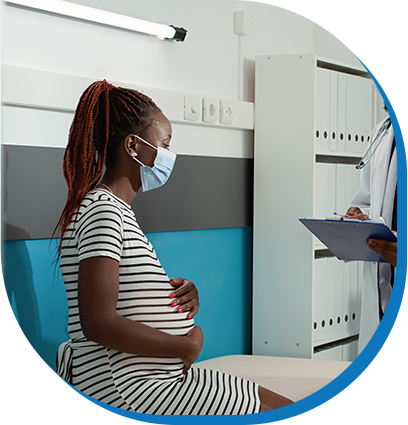
Prenatal Care During COVID-19
Pregnant women experience many physical and emotional changes during the prenatal period.
These changes are often accompanied by life stressors that can further complicate the experience. However, the COVID-19 pandemic has added an extra layer of stress and uncertainty for pregnant women.
Pregnant women need to take care of their emotional health during these uncertain times particularly if they’re pregnant. This is because stress and anxiety can adversely affect both the mother and the baby.
COVID-19 and Pregnancy
While research on the topic is ongoing, some evidence suggests that pregnant women are at a higher risk of developing COVID-related complications than normal people [2].
There is also a possibility that COVID-19 may be transmitted to the baby during pregnancy or childbirth. However, the good news is such cases have been very rarely reported, and therefore, babies born to pregnant women who have been sick with COVID-19 during their pregnancy are not exposed to any severe health issues. There has been some research that suggests that pregnant women with the coronavirus infection are more likely to:
Pregnant women are advised to take extra precautions during the pandemic to prevent these risks
It is also important to note that the Black and Hispanic population is more likely to be affected by COVID-19 when pregnant [2].
Black and Hispanic women are advised to get vaccinated as soon as possible to protect themselves and their babies.
What To Do If You’re Pregnant and Get COVID-19?
First of all, you need to be watchful of the following symptoms when you’re pregnant or have recently given birth:

If you experience these symptoms, you must get in touch with your healthcare provider right away.
Pregnant women may also be advised to take safe pain-relieving medicine during this time period. They must rest completely and take plenty of fluids to keep their electrolyte levels in check.
If you experience these symptoms, you must get in touch with your healthcare provider right away.
Pregnant women may also be advised to take safe pain-relieving medicine during this time period. They must rest completely and take plenty of fluids to keep their electrolyte levels in check.
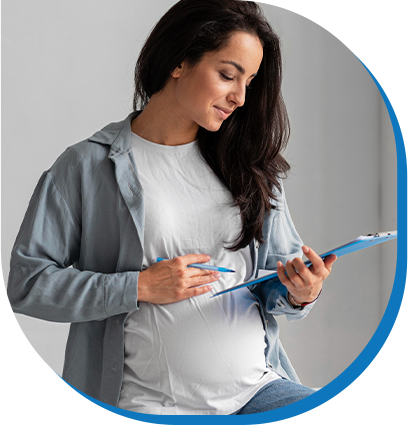
Vaccination in Pregnancy
According to the CDC, it is perfectly safe for women to get vaccinated while pregnant or breastfeeding [4].
Getting vaccinated if you’re pregnant is highly recommended because research shows pregnant women may experience severe COVID-19 symptoms if they contract the virus.
It’s a common misconception that COVID-19 may cause fertility problems in men and women.
Although these beliefs are not backed by scientific proof or study results, people may start believing them out of fear or uncertainty.
A study conducted in 2022 [5] has confirmed that there is no association between fertility problems and COVID-19 vaccines.
By getting vaccinated, both the mother and the baby can be protected from the virus.
Call 843-510-5113 to talk to someone about COVID-19 vaccination and booster doses if you still need to be vaccinated.
When Is It Important to Seek Medical Help?
Women need to be proactive about seeking medical help when needed. Here are a few instances that women must never overlook, mainly if they are pregnant, at a high risk of developing COVID-related complications, and have an underlying health condition, such as diabetes.
Regular gynecological Check-ups
These are important for the early detection and prevention of potential health issues related to women’s reproductive health. Delaying or skipping these checkups due to fear of contracting COVID-19 could lead to further complications or missed opportunities for treatment.
Having unusual symptoms
If you experience shortness of breath, fever, chest pain, or anything else that seems unusual, get tested for COVID-19 immediately. It is also important to discuss these symptoms with your healthcare provider so they can suggest a treatment early on.
The pandemic has led to the postponement or cancellation of routine and emergency medical procedures, leading to delayed diagnoses and treatment.
It has mainly been challenging for women as they have difficulty accessing quality and timely healthcare. Delayed prenatal and postnatal care have had severe consequences for both mother and child.
Additionally, the pandemic has had a disproportionate economic impact on women, many of whom work in healthcare or other essential industries, increasing the burden of the pandemic on their physical and mental health.
As the world continues to grapple with the effects of COVID-19, it is crucial to prioritize the provision of essential health services for women and ensure that they receive the care they need to maintain their health and well-being.
If you’re a woman struggling with a health issue after being diagnosed with COVID-19, contact a medical professional immediately.
